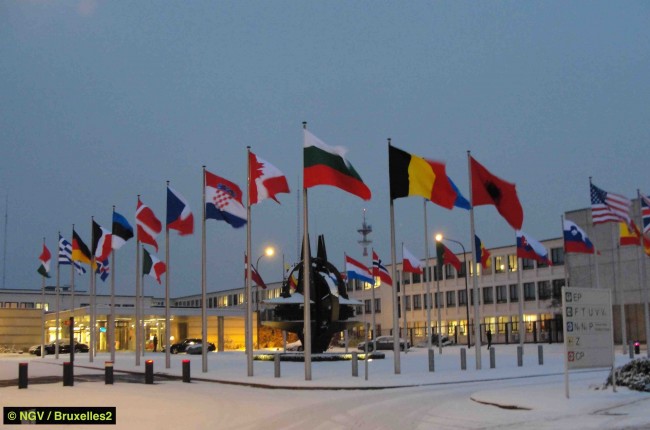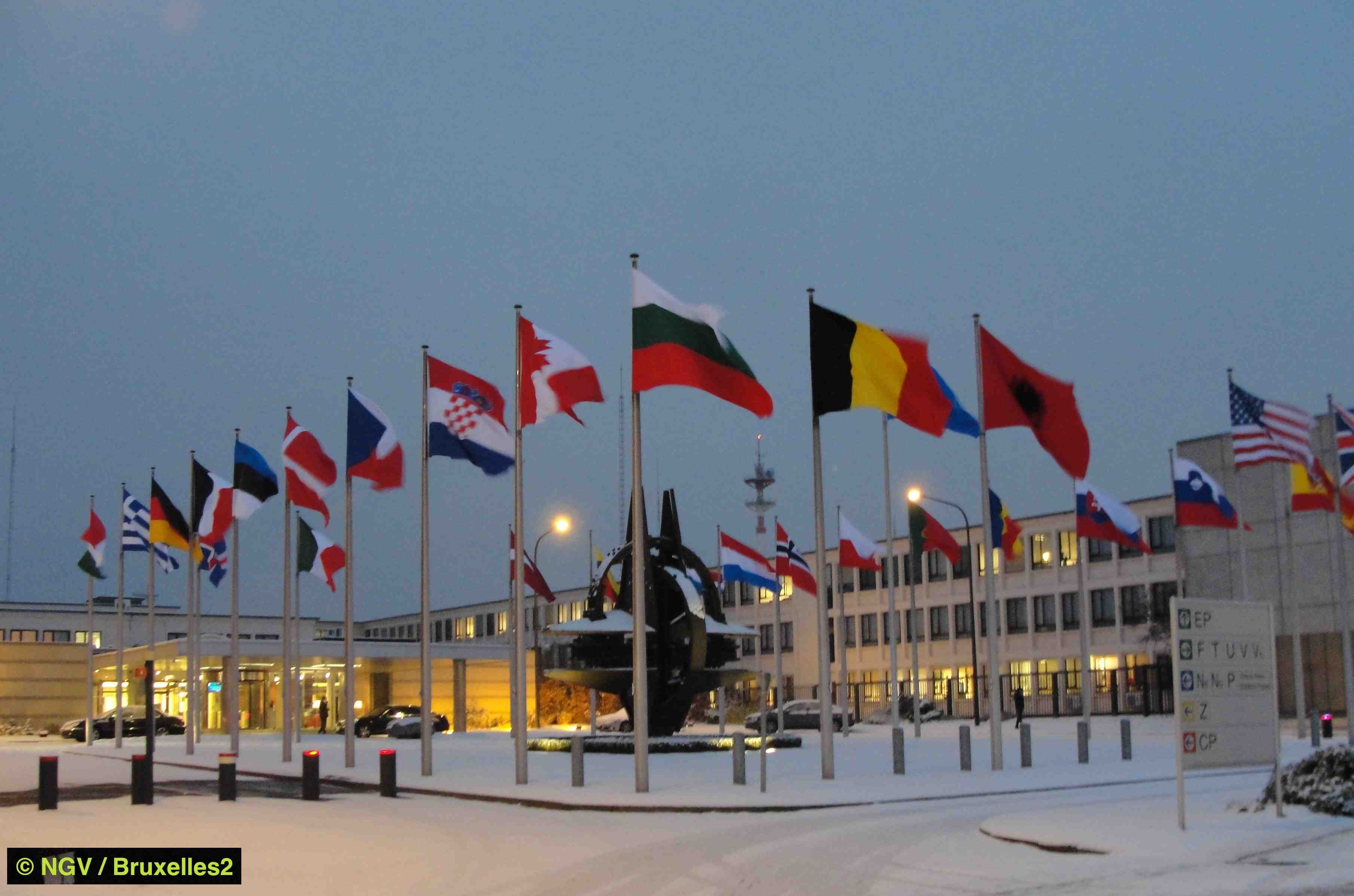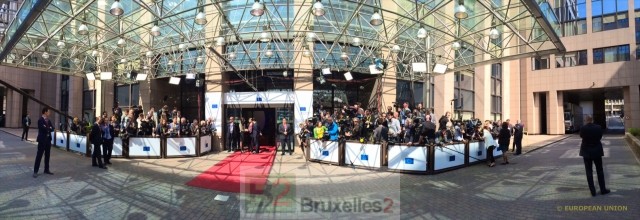Why is the CSDP not moving forward, why is NATO moving forward?

(BRUSSELS2) This question - Why is the CSDP not making progress, why is NATO making progress? -, many ask themselves. And everyone has their answer. An officer, who knows both worlds well, recently shared his analysis. His words can be discussed, disapproved; but it has the advantage of pointing the finger at a series of problems.
The EU has number " assets ", he explains: its economic power (a quarter of the world's GDP), its 500 million people, its 1,62 million soldiers (against 1,4 for the USA), the 1st world rank for development aid... It has a new Lisbon Treaty, which has instituted the necessary instruments (EEAS, Permanent Structured Cooperation (PESCO), the mutual assistance clause, the solidarity clause). She acquired a certain operational legitimacy acquired by conducting 24 military and civilian operations in ten years ". But it does not manage to transform the test, unlike its neighbor, NATO " As much as the crisis stimulates NATO and the press to propose solutions towards greater integration, it inhibits the EU side he explains. " The wind is blowing hard, the sails are lowered and the PSDC boat is "at the cape ". And our interlocutor to discern at European level what is wrong.
1 ° Lhe euro crisis
It “has a considerable impact on the Member States ". the attention and energy of our heads of state and government are mobilized by the resolution of the economic and financial crisis. The spirit of defense vanishes. As a precaution and ease (the Member States) resign themselves to withdrawing into themselves, some even return to a neutralism that we thought was over, sheltered from collective defense by NATO.
2° The Treaty of Lisbon
The « change the approach of EU foreign policy. EU external action is looking for between community and intergovernmental. The rotating presidencies are limited in their role of impetus and orientation. " Only strong and united Member States can still give this vital impetus to the CSDP. But he comes up against the skeptical inertia of many, the British lock and the EEAS itself. It's not enough. ".
3° The EEAS
The European External Action Service does not yet play its relay role by not having appropriated this vision of a common defense to be built ". " It suffers from internal tensions, disorganization and complex and often crippling procedures. The assembly constitutes many cogs which do not seem to be "stuck" together and therefore do not produce a coherent movement.. In the meantime, the Union cannot be ready for crises, with minor exceptions. Remarking " that there were serious casting errors », the author however notices improvements. " The Secretary General, Pierre Vimont, is working to reform all of this, streamline processes and put all the cogs online. »
4° Inhibited soldiers
The organization suffers from a small number of soldiers (200 in all), marginalized and perceived as foreign to its culture and its project. " We, the military have not been able to convince the high authorities of the EEAS of the need for a military instrument for the Union, if only to complete the range of instruments of the global approach. "In this demilitarized approach, the High Representative is not the only one, far from it, to promote a vision of "soft security" for the CSDP and not to mention the armed forces " only in support of humanitarian assistance ". The slightest mention of the idea of a military operation with the use of arms arouses tensions. “The height is that the soldiers of the structure are themselves” inhibited by the challenges of NATO, prisoners of a principle of specialization under the sacrosanct "non-duplication", misunderstood, and recalled every day by the British: the military in NATO, the civilian to the EU »
5° A lack of leadership
The Arab Spring has been a " missed opportunity ". By missing the maritime embargo operation, by not launching the military support operation for humanitarian actions. " There is clearly a lack of leadership in the EU, both on the side of the Brussels institutions and on the side of the Member States. And there was obviously a deliberate choice by several Member States to block any CSDP initiative. "" Unlike NATO, there has not been in the EU a country like the United States, or a group of countries, not even a couple, capable of ensuring consensus in fine by their own power of influence. »
And NATO is moving forward...
To the side, " NATO has wind in its sails. She is doing well and progressing well. (...) With a dynamic, proactive Secretary General, who was Prime Minister of Denmark for 7 years and who has a very political vision of his role, the bar is well held, firmly ". She progresses by successive leaps", these are the summits, each of which constitutes a highly publicized political stage. Each summit has strategic lighting, a capability initiative and an impulse to (at least) expand partnerships: Bucharest in 2008, Strasbourg-Kehl in 2009, Lisbon in November 2010, Chicago in April 2012. But the “ main factor of legitimacy which consolidates the Alliance are operations." Afghanistan, Libya and smart defense thus constitute the vectors of the Alliance's development. political impetus, operations, as a factor of cohesion.
Should we lose hope?
No believes our author. There are potentialities. Simply " the EU is not sufficiently aware of its capacities and that it has not yet been able to implement them to become a true global player in the service of its own security but also to mark out its future. As for pitting one organization against another, that would be a mistake, he points out, " NATO and Defense Europe are one and the same. Their fates are linked, we won't have one without the other and there is no alternative »



Comments closed.